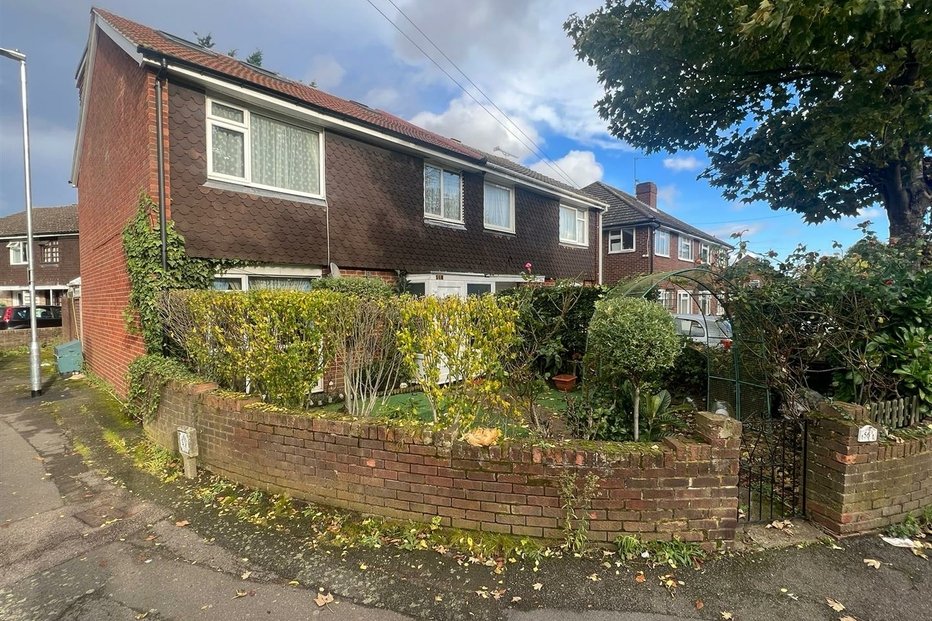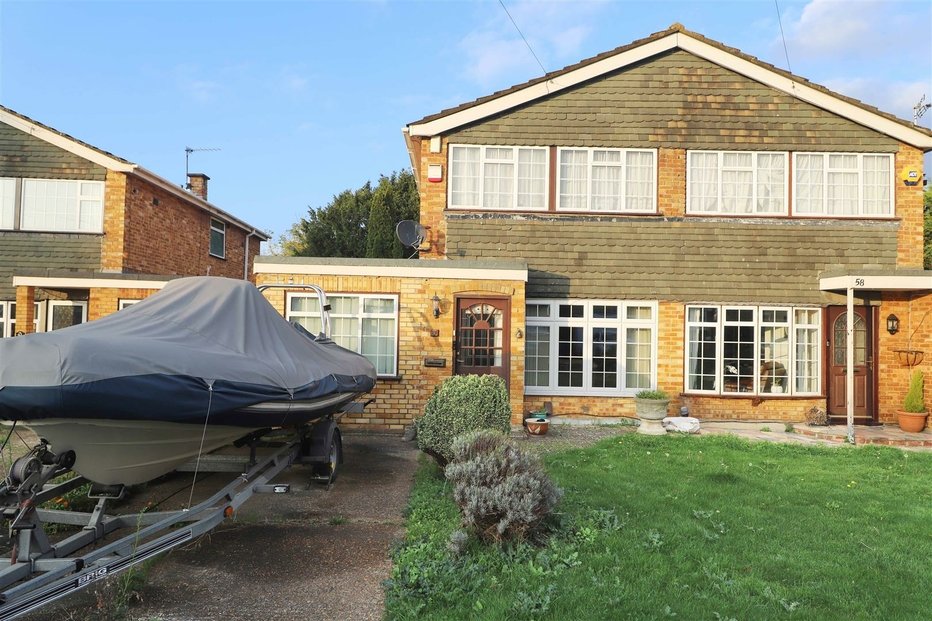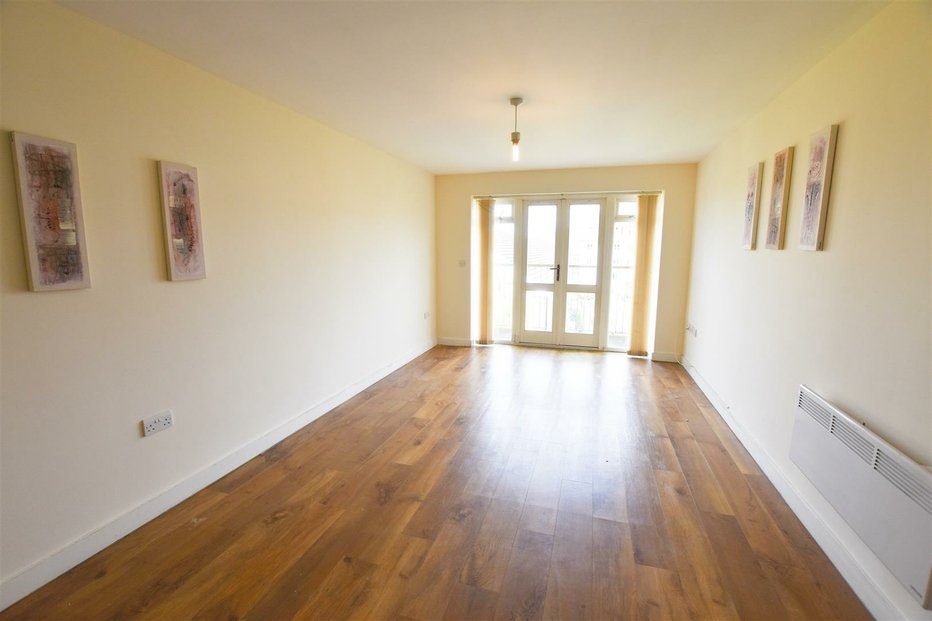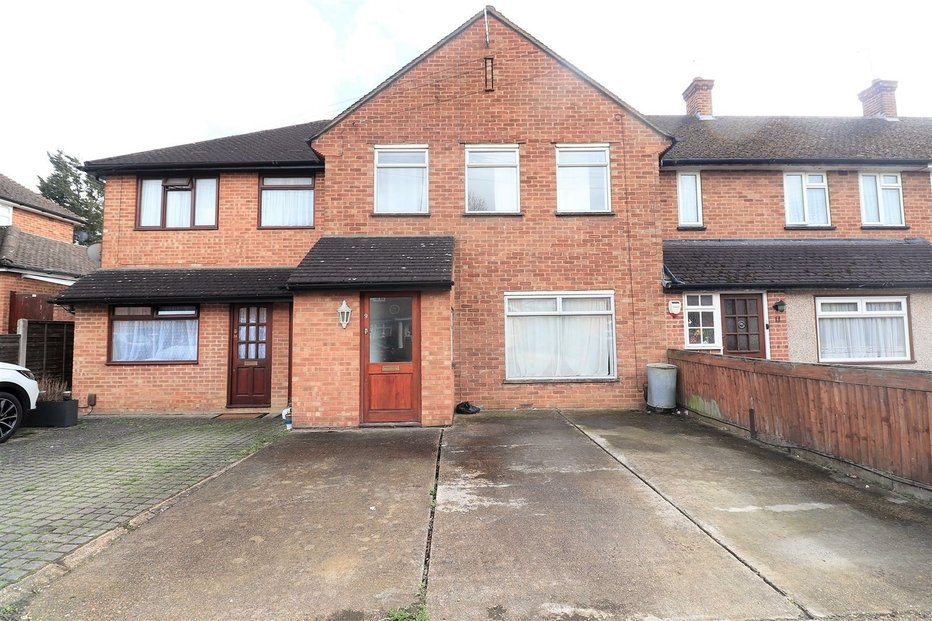A no-deal Brexit will not deter the majority of landlords from buying more properties, according to a new study by The Property Hub.
The chances of a no-deal Brexit are looking increasingly likely, after EU leaders snubbed Theresa May’s latest offer. However, the research claims that this won’t stop a significant number of landlords from expanding their portfolios over the next 12 months.
Some industry experts are warning of chaos if the UK leaves the EU without an agreement, and yet two-thirds of landlords surveyed said that they plan to increase their portfolios over the next 12 months.
The Property Hub found that 77% of landlords will look to buy at least one more property in 2019, with 70% saying that even a no-deal Brexit would be unlikely to affect their portfolio growth plans.
Various reports suggest that buy-to-let landlords are being driven out of the market by the Government’s tax crackdown, as growing numbers struggle to make solid returns.
However, 84% of landlords say that they have no plans to sell any of their properties in the next three years, while 66% say that, even if the Government were to announce further tax changes, they still would not be offloading properties.
Rob Dix, the Co-Founder of The Property Hub, says: “There’s been so much talk of a mass exodus of landlords and the death of buy to let, it’s easy for some would-be landlords or, indeed, tenants, to believe the rental market is on its knees. However, it’s clear from our survey that landlords are far from retreating from the market.”
The survey also asked landlords about proposals that could have a significant impact on the industry, including the possibility of three-year tenancies becoming mandatory.
Four in five (82%) landlords say that they would be in favour of mandatory three-year tenancies if they were offered a way to remove tenants who fall into rent arrears that is faster than the existing method, while 69% say that the ability to increase rent would need to be given. 59% believe that tax incentives should be offered, such as the ability to deduct more mortgage interest. Less than 9% would oppose the policy regardless.
Dix continues: “Getting good, long-term tenants is the goal for any landlord, so it’s not surprising that less than 9% of landlords would be against this policy regardless of any concessions.
“However, landlords obviously need to be protected too, so it’s only natural that those operating in the sector are calling for some reassurance.”
Asked what they would need to see happen in order to support compulsory landlord licensing, 37% say that they would want the removal of any additional local schemes, except those applying to Houses in Multiple Occupation, while 43% would like an annual fee that doesn’t exceed £100 per property.
Some 65% want a plan to ensure that licensing would discourage rogue landlords, such as proof that non-registration could be detected and enforced, while 55% would like a tax incentive or removal of an existing anti-landlord tax measure. Again, less than 9% would be against landlord licensing completely.
Dix adds: “It’s telling that the most popular wish for licensing – more popular even than a tax break – is some reassurance that it will actually work. The majority of landlords take pride in providing a good service, and are as keen as anyone for the rogues who give the industry a bad name to be pushed out.
“Taken as a whole, the results of our survey show that the caricature of landlords fleeing the sector when the going gets tough isn’t in line with reality. Most landlords are in it for the long-term and have sound business plans – they don’t view property as a get-rich-quick scheme.”
He concludes: “The Armageddon-style headlines in much of the press over the last two years in no way reflect the way landlords are feeling. Buy-to-let is far from dead. Are investors operating in a new landscape? Certainly. Is it one they’re unable to navigate successfully? Absolutely not.”
















Having bought through Cameron, i felt they kept me update to date with everything that was going on. There was no hassle arranging viewings, and they helped me all the way through the process. Good, efficient service. Will definitely recommend!
... read more